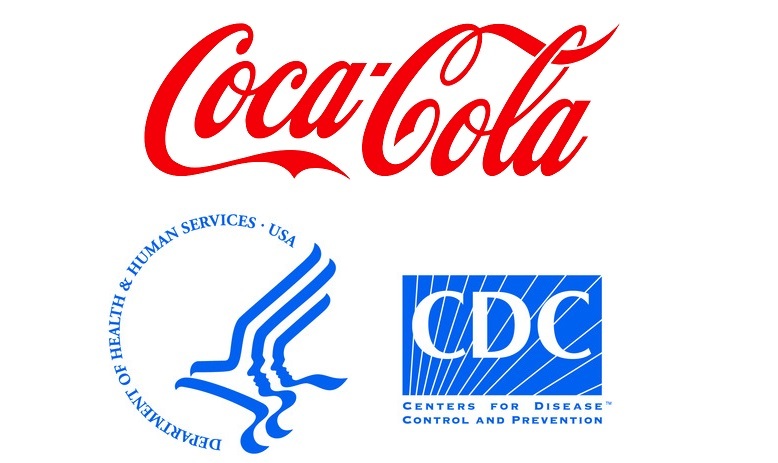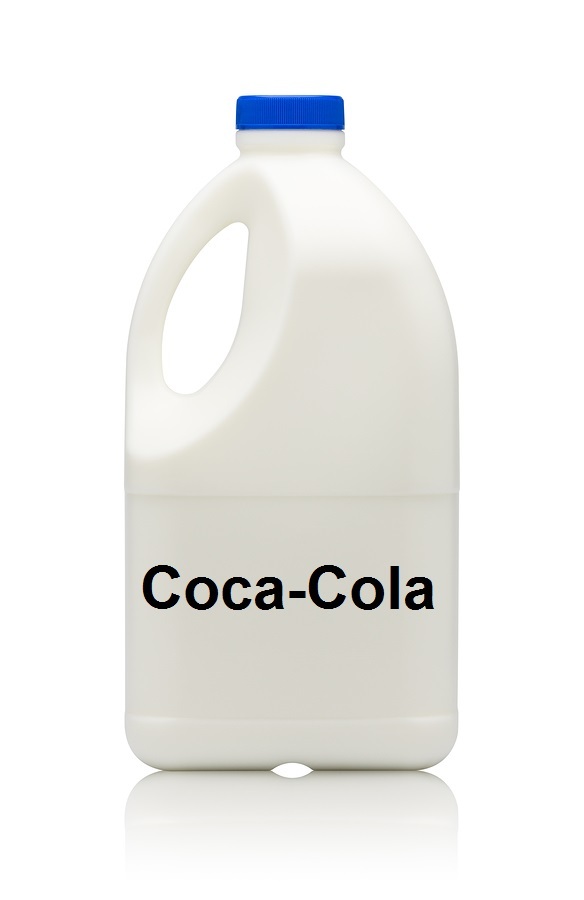How the Coca-Cola Company Influences the CDC to Conceal Health Dangers of Refined Sugars
Questions and suspicions have been raised in recent years about apparent collusion by the CDC and the Coca-Cola corporation, which would allow the marketing of their soft drinks while suppressing information linking those soft drinks to health problems such as diabetes and obesity. These questions and suspicions were pursued by a study published in the Milbank Quarterly January 2019. Its title is Public Meets Private: Conversations Between Coca-Cola and the CDC. Public health agency collusion that potentially benefits a producer of harmful foods or beverages is no small issue. The “conversations” in the title of the study were emails the authors were able to obtain. The Milbank Quarterly researchers considered this study relevant due to recently reported episodes of top CDC officials entertaining relationships with Coca- Cola executives. The concern is that makers of unhealthy food products are having inappropriate influences on the CDC. For example, one of the reported episodes that motivated this study was: "In 2016, Barbara Bowman, director of the CDC’s Division for Heart Disease and Stroke Prevention, resigned after emails between her and a former Coca-Cola executive were disclosed. [The emails] showed that Bowman had advised the former Coca-Cola and industry association executive on how to influence the director-general of the World Health Organization (WHO) to stop promoting taxes on sugar."







